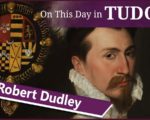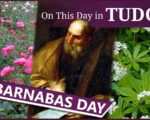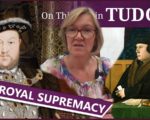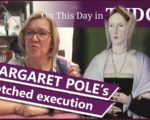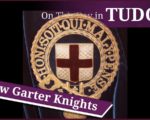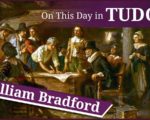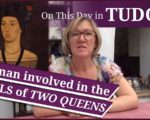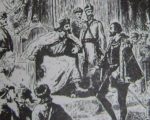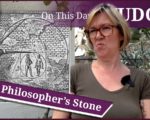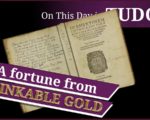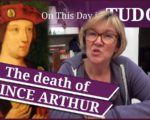Richard Chancellor is a Tudor explorer famous for his interactions with Russia. His origins and childhood are mostly unknown, and as such, there is a lot of speculation. We believe he was born in 1521 and lived near Bristol. It is claimed that he was raised by Sir Henry Sidney, Lord Deputy of Ireland.
In the 1550s, Chancellor sailed with Roger Bodenham as an apprentice pilot in the voyage of the Bark Aucher to the Levant. This trip was intended to provide English mariners with the experience of longer voyages, something that they were less experienced in than their French and Spanish counterparts. By 1553, English markets were becoming more diverse, and there was increased demand for cloth from the Far East. As such, merchants, courtiers, and noblemen funded an expedition to the East, which consisted of three ships – the Bona Esperanza, Edward Bonaventure, and the Bona Confidentia. Richard Chancellor was appointed as the pilot general of the voyage and as captain of the Edward Bonaventure, the largest ship in the expedition. The voyage departed on 22nd May 1553 but was delayed for several weeks in Harwich due to faulty casking. Eventually, they set sail on 23rd June, and the ships progressed towards the Norwegian coast. The leaders of the expedition agreed to meet at Vardö should they become separated; however, they were all scattered by a vicious storm. Chancellor arrived at the town and waited seven days for the others to come, but no one did. Richard set sail from Vardö and arrived at the Russian port town of St Nicholas towards the end of August 1553.
[Read More...]
